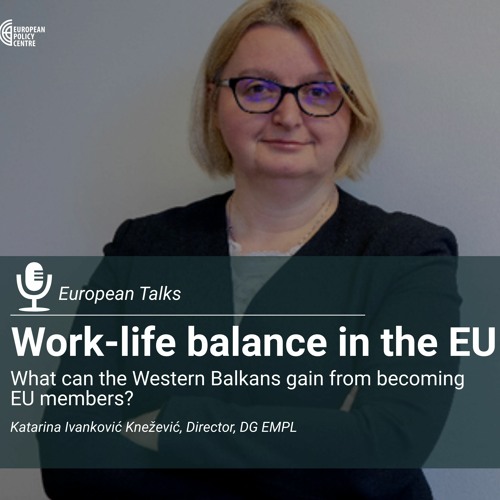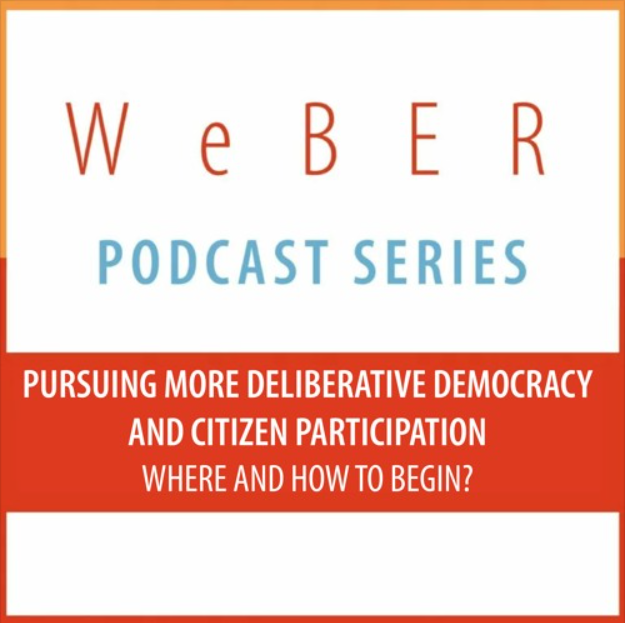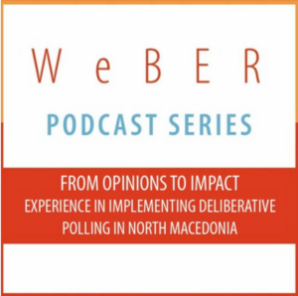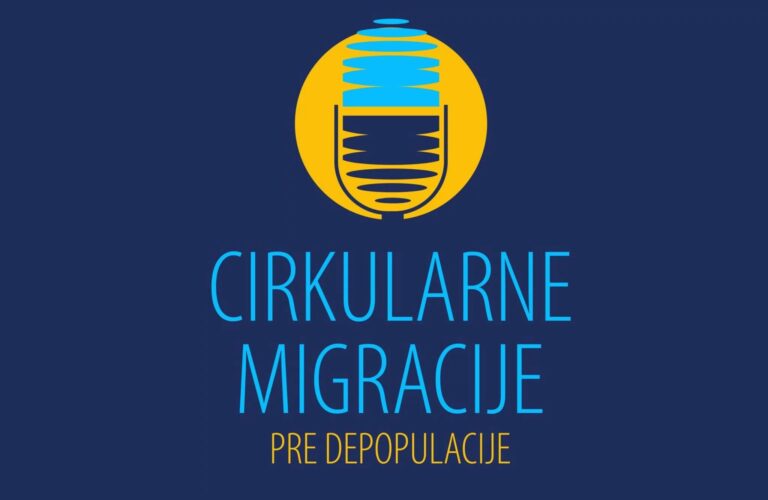Headquarters: Svetog Nauma 7, 11000
Office address: Đorđa Vajferta 13, 11000
Phone:: +381 11 4529 323
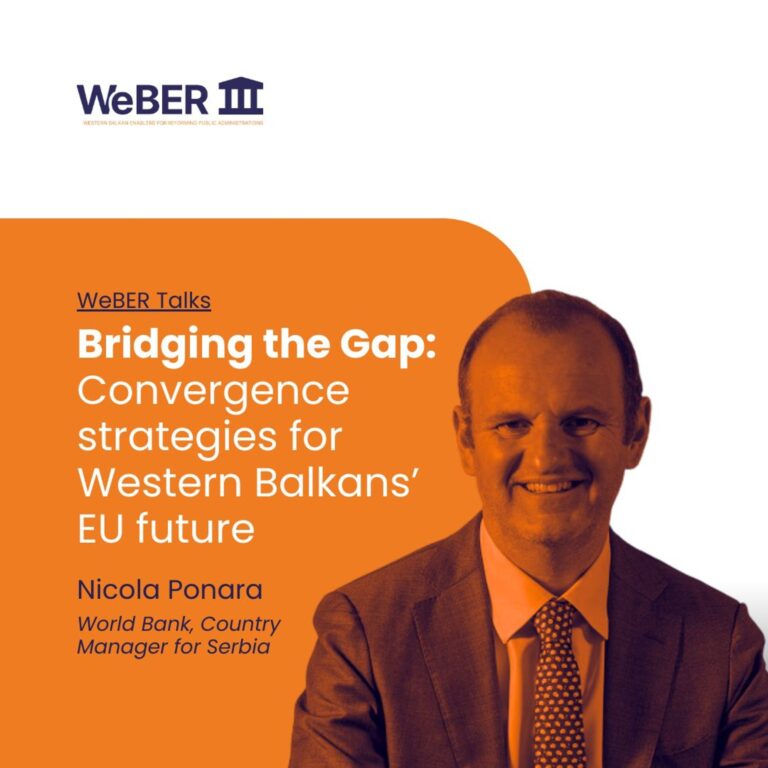
Bridging the Gap: Convergence strategies for Western Balkans’ EU future
This episode of WeBER Talks is dedicated to economic growth challenges and opportunities for the Western Balkans. WeBER 3.0 guest is Nicola Pontara, Country Manager of the World Bank in
